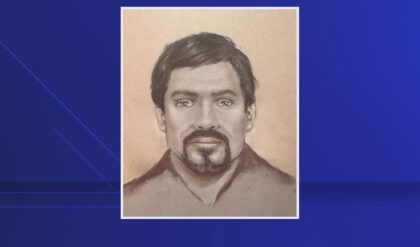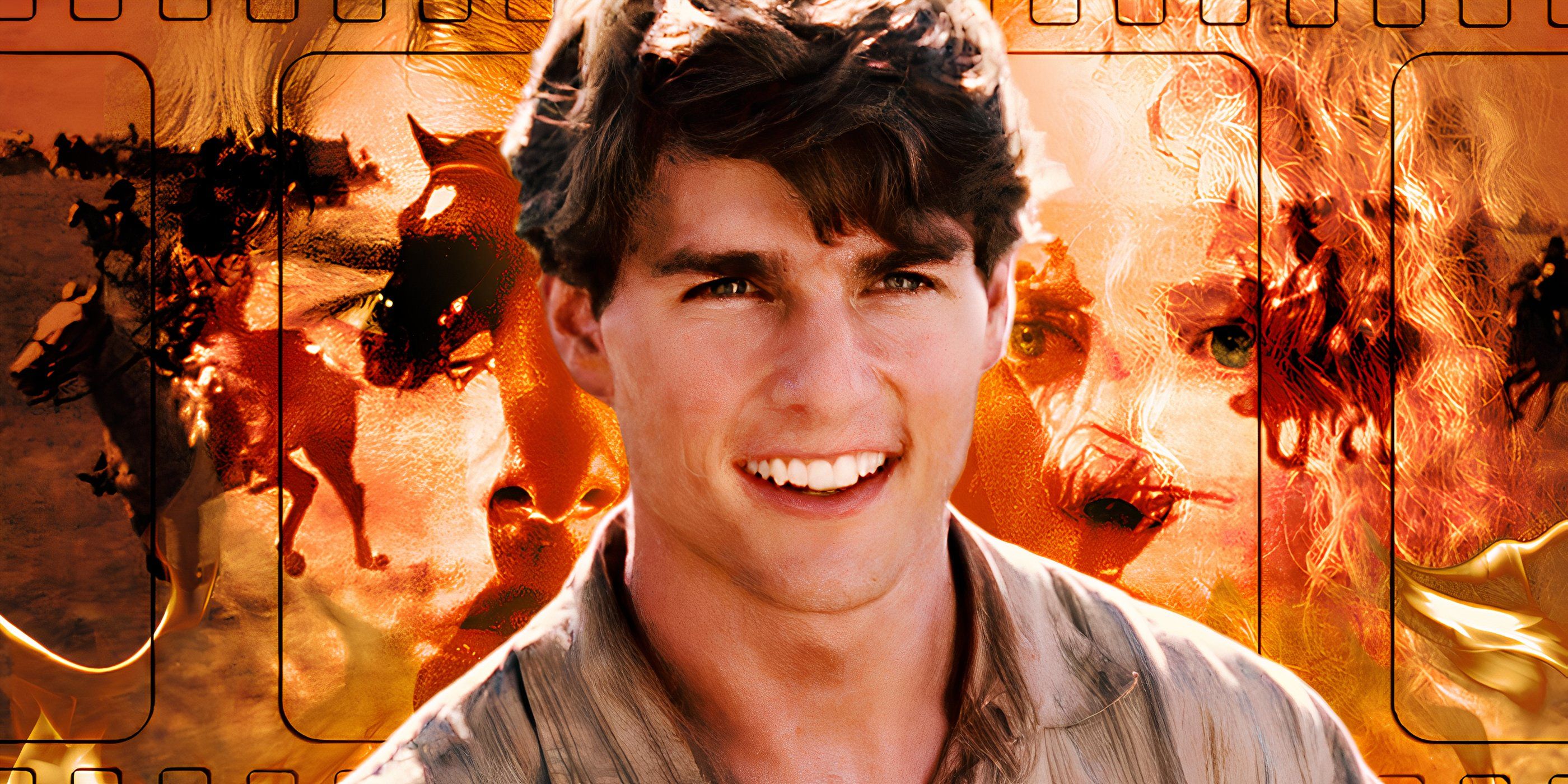
Tom Cruise is one of the defining stars of modern Hollywood, but for all his extended success, he’s failed to dominate one archetypal genre of American cinema. Despite featuring in some of the most successful action, sci-fi, and drama movies of all time, Cruise has had limited success when it comes to Westerns. Excepting a brief cameo appearance in the 1988 hit Young Guns, Cruise has only actually appeared in one other Western movie. However, while this limited track record suggests the genre is not his strong suit, there’s more than enough in Cruise’s career to suggest that he’s more than capable.
His non-speaking role as a quickly-dispatched Young Guns henchman aside, Cruise’s only Western role to date came in the epic romantic drama Far and Away. Starring Cruise and his then-wife Nicole Kidman, the Ron Howard-directed movie follows Irish immigrants attempting to make their fortune against the backdrop of the Old West. Released in 1992, the movie was a modest critical and financial success, earning $137 million at the box office and 50% positive reviews. On the surface, these numbers are unremarkable. However, closer inspection of both Cruise and the movie reveals that Far and Away lays some exciting foundations for future Cruise Westerns.
Far And Away Proved Tom Cruise’s Potential In Westerns
Many Things About The Film Prove He Could Succeed
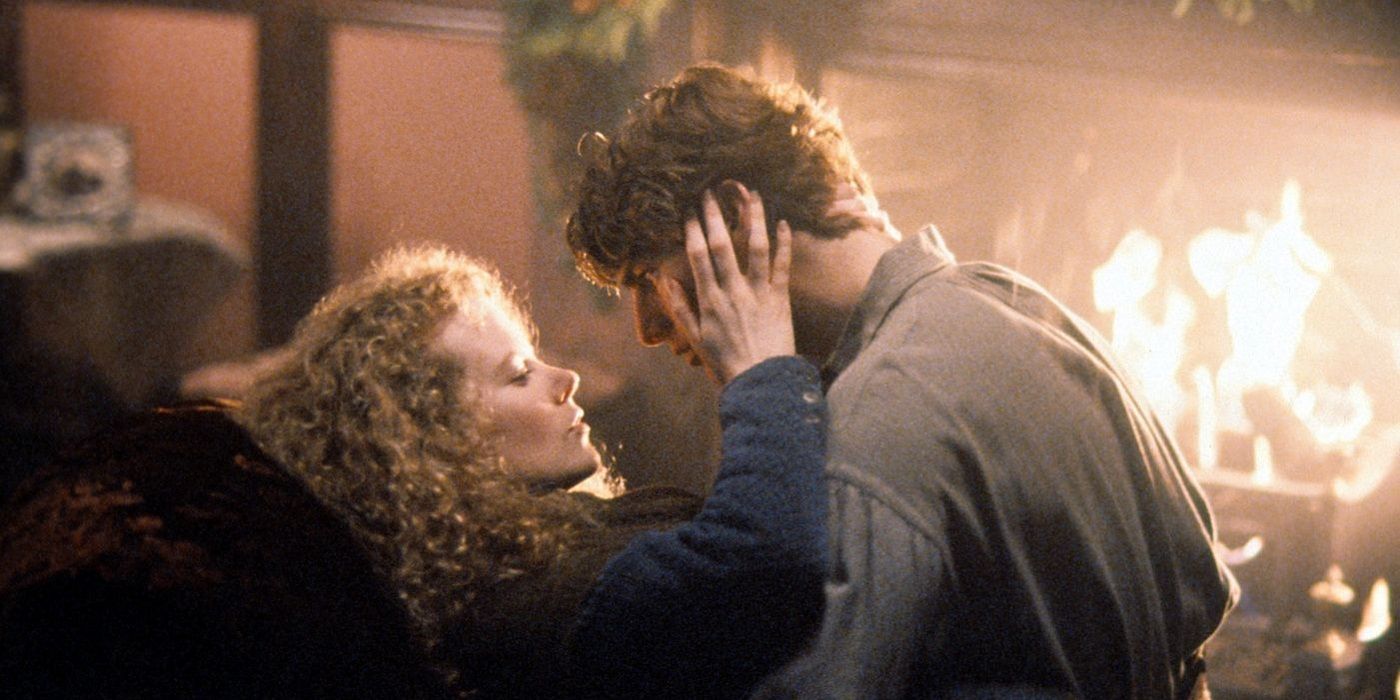
There’s no doubt that Far and Away wasn’t an unqualified success. Made for $60 million, the movie barely recouped its budget, and critics – many of whom praised its visual splendor while criticizing its simple story. However, buried within the mediocrity, the movie subtly demonstrates why someone like Cruise is so suited to Western roles.
Like many Westerns, Far and Away is as much about the environment and spectacular American landscape as it is about the characters. As is typical of the genre, the film features a series of impressive shots that make full use of the evocative nature of the Old West – despite failing to back up the visuals with an equally sweeping story. As Rotten Tomatoes‘ critical consensus puts it, “Handsome and simplistic, Far and Away has the beauty of an American epic without the breadth.“
However, whatever the movie’s merits or problems, creating strong characters that stand up against the grandeur and expanse of the backdrop is a skill in and of itself. Legendary Western actors like Clint Eastwood and Kevin Costner have succeeded because they imbue the screen with a strong, magnetic central presence who is enhanced, rather than diminished by the surrounding scenery. In Far and Away, Cruise proves that he’s more than capable of delivering on this front. While other elements of the film let him down, there’s enough raw potential in his performance to suggest that he could succeed in similar settings.
Tom Cruise’s Strengths As An Actor Make Him Perfect For Westerns
He’s Proven It In Other Contexts
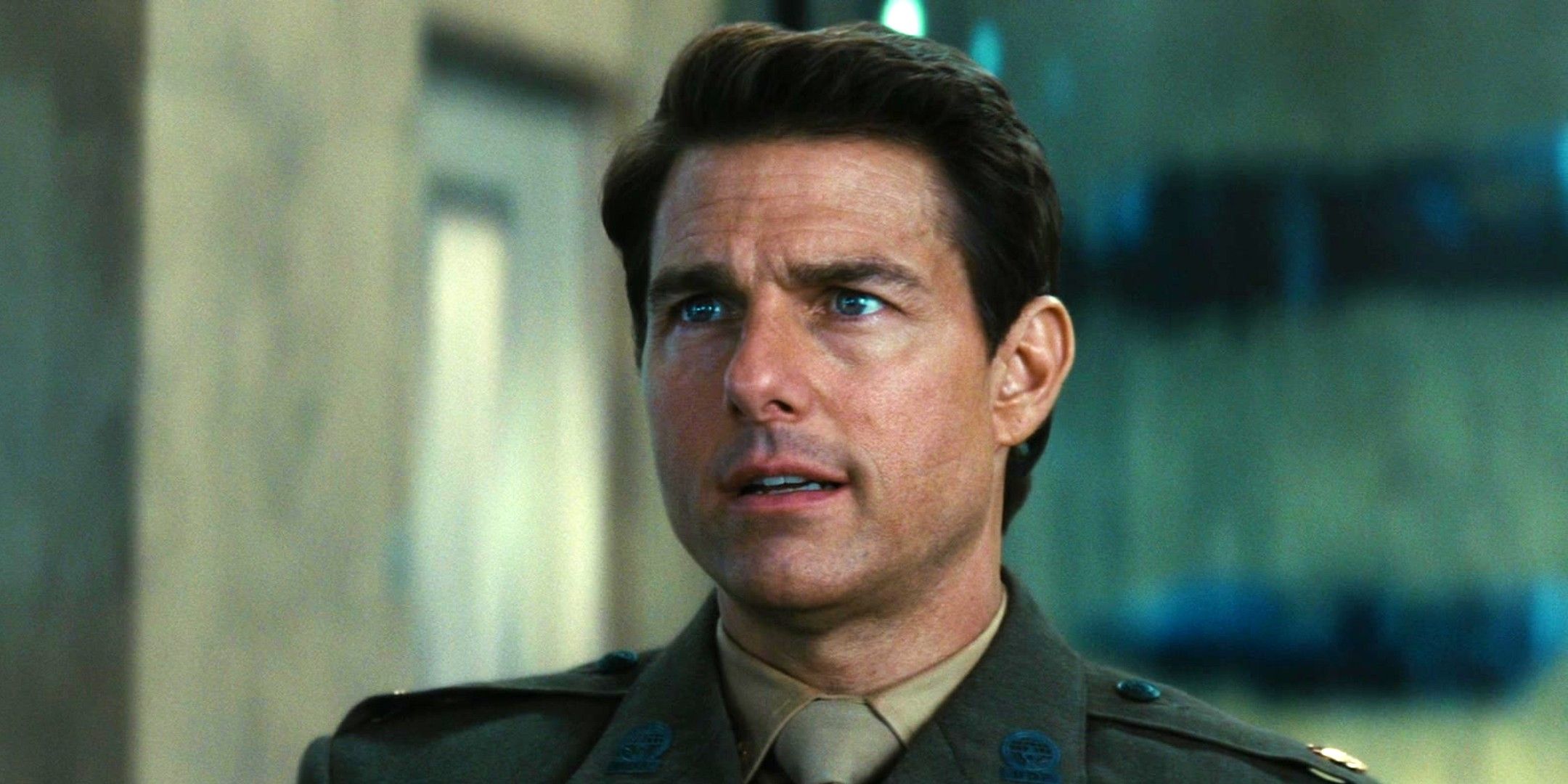
The way Cruise seems immediately at home in the sweeping vistas of Far and Away indicates that he has potential as a Western star. However, perhaps the most compelling case for him pursuing other projects in the genre comes from the rest of his career. As demonstrated by the likes of Mission: Impossible, one of Cruise’s great strengths as an actor is his physicality. His commitment to practical stuntwork has remained undimmed for decades, to the point where it’s now the highlight of any Cruise project. These skills could easily be brought to bear in a Western, where practical authenticity can enhance a story’s historical feel.
Cruise has proven time and time again that his greatest strength is the rigor with which he approaches every performance…
Another stereotypical strength of Western stars is the intensity of their performances. Clint Eastwood’s “Man with no Name” is the prime example of a character who doesn’t so much exist as smolder on screen. Classic characters like this don’t arrive by accident and require an actor to have a very particular skill set. Cruise has proven time and time again that his greatest strength is the rigor with which he approaches every performance – whether it’s the perma-jumping Ethan Hunt or something more emotionally demanding like Ron Kovic in Born on the Fourth of July. This is exactly what’s required of a potential Western star.
A final factor is Cruise’s persona as one of the final few traditional “movie stars“. Many of his defining attributes, from his views on movie-making to personal intensity, feel like a throwback to a bygone age of cinema – one where Westerns were considered a preeminent genre. Because of Western movies’ association with “classic Hollywood“, Cruise is in many ways a natural fit, given that many audiences already associate him with a more traditional view of the industry, where individual actors were given top-billing over extended cinematic universes and long-running franchises.
Tom Cruise Can Definitely Improve On Far And Away
The Movie Had Multiple Flaws
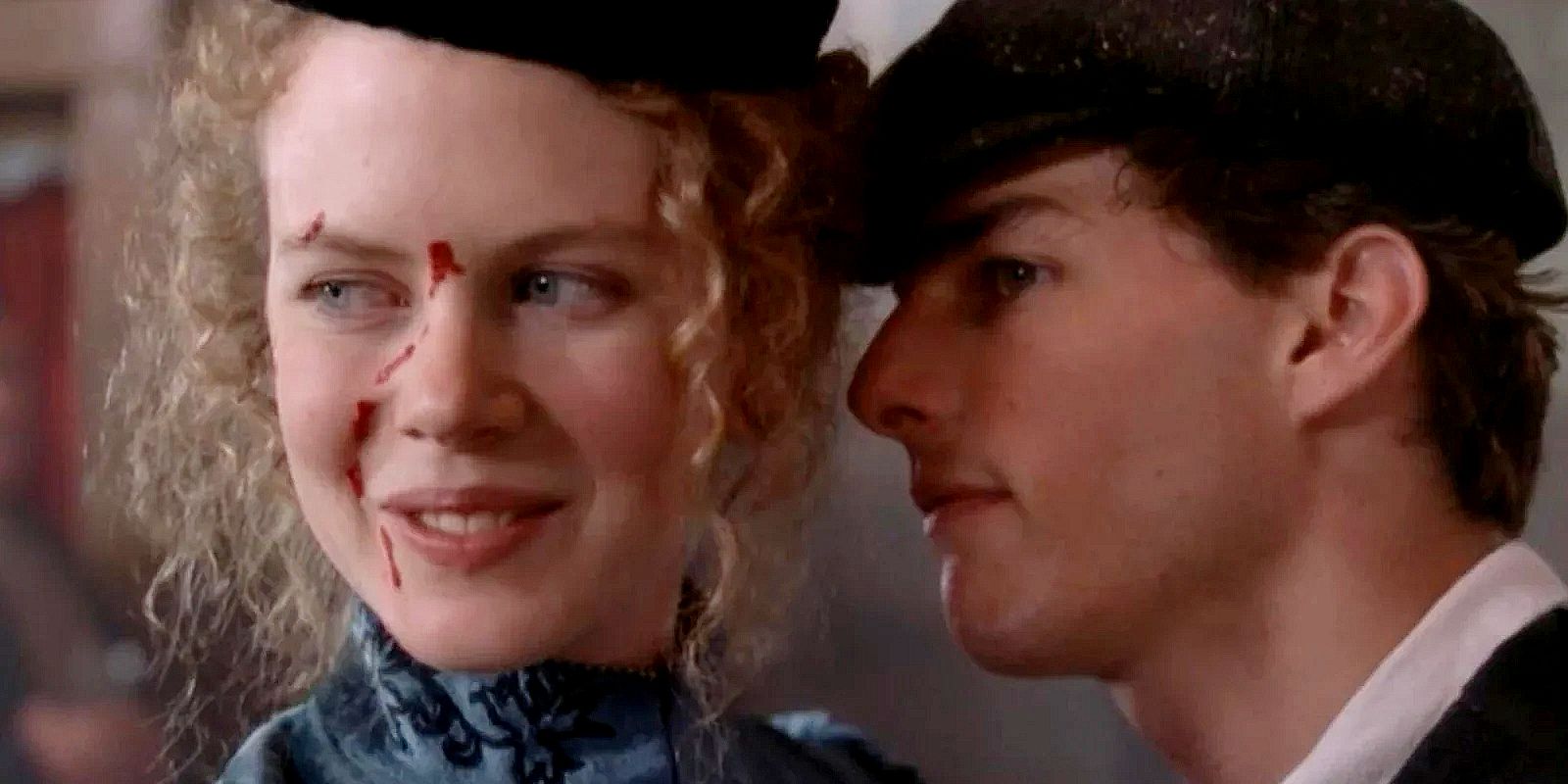
Part of what makes Far and Away an interesting marker in Tom Cruise’s career is that it demonstrates so much hitherto wasted potential. All of Cruise’s strengths that could potentially make him as celebrated a Western actor as Costner, Eastwood, and John Wayne have only become more apparent in the 32 years since the movie was released. Yet, looking back, it’s increasingly clear that the movie itself did not allow Cruise to shine.
Multiple contemporary critics identified that, despite the talent of Tom Cruise, Nicole Kidman, and Ron Howard behind the camera, the movie was less than the sum of its parts. In what was far from an isolated opinion, the legendary Chicago Sun Times critic Roger Ebert declared:
Far and Away is a movie that joins astonishing visual splendor with a story so simple-minded it seems intended for adolescents… It’s depressing that such a lavish and expensive production, starring an important actor like Tom Cruise, could be devoted to such a shallow story.
This assessment, and others like it, prove that Cruise has unfinished business with Westerns. Had Far and Away been an unqualified success, it could legitimately be argued that Cruise had achieved what he could in the genre and is best suited to continuing to pursue his more typical action roles. The fact that he seems to have, on paper, such a natural aptitude as a Western actor and so far hasn’t delivered makes the idea of a new Tom Cruise Western even more exciting.
Other Actors Prove That Cruise Would Benefit From Expanding Into Westerns
There Are Dozens Of Examples Of The Genre Enhancing Careers
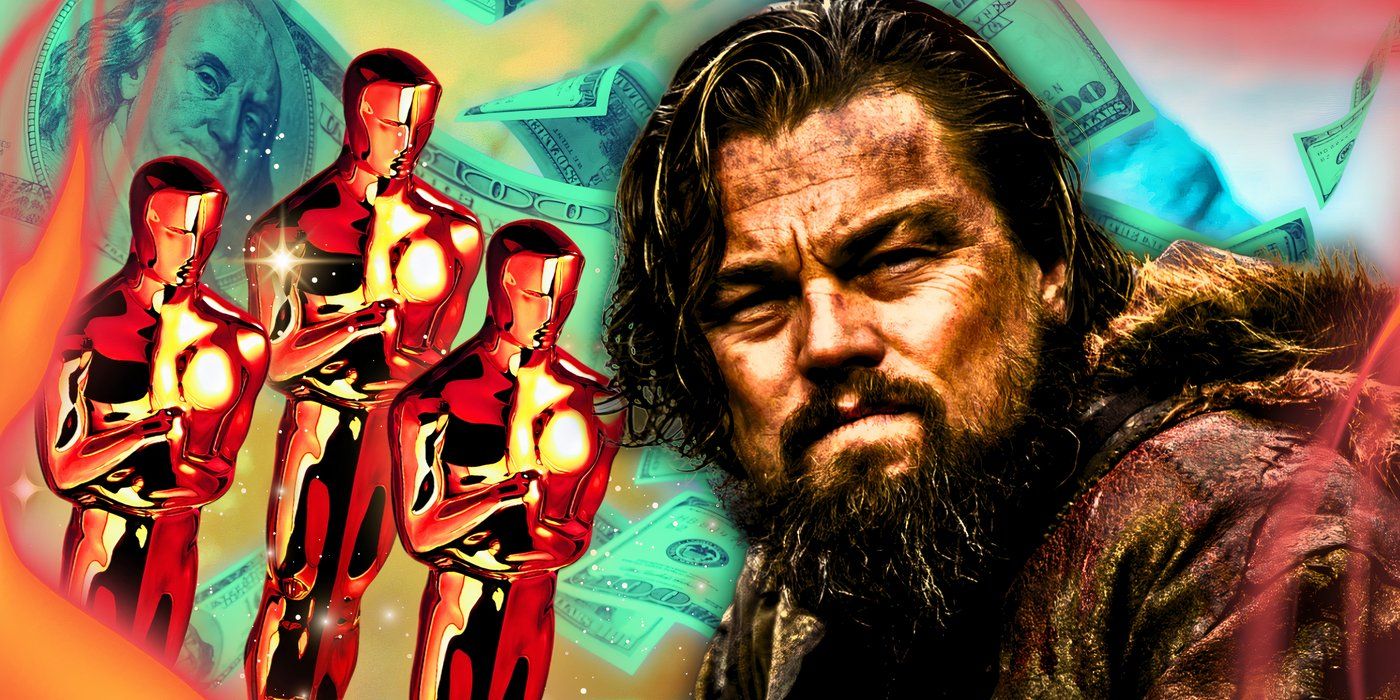
Given how Westerns have been reinvented and reevaluated over the years, it is perhaps even more surprising that Cruise hasn’t made a genre comeback post-Far and Away. In fact, many of the biggest stars working in Hollywood today have proven that, with the right story, Westerns can challenge an actor and lead to unprecedented critical recognition. Performances like Chris Pine’s in Hell or High Water and Jamie Foxx’s in the irreverent Django Unchained demonstrate that Westerns can showcase a whole new side to an actor.
While individual accolades are not the be-all and end-all of an actor’s career, it’s also true that Westerns can represent an opportunity for an actor to attract awards attention. Leonardo DiCaprio, for instance, won his first Academy Award for his role in the bleak survival Western The Revenant. It’s perfectly possible to imagine someone as committed as Tom Cruise playing a similar role which, given Cruise himself has not yet won an Oscar, may help cap off an extraordinary acting career.
Sources: Rotten Tomatoes, Chicago Sun Times
